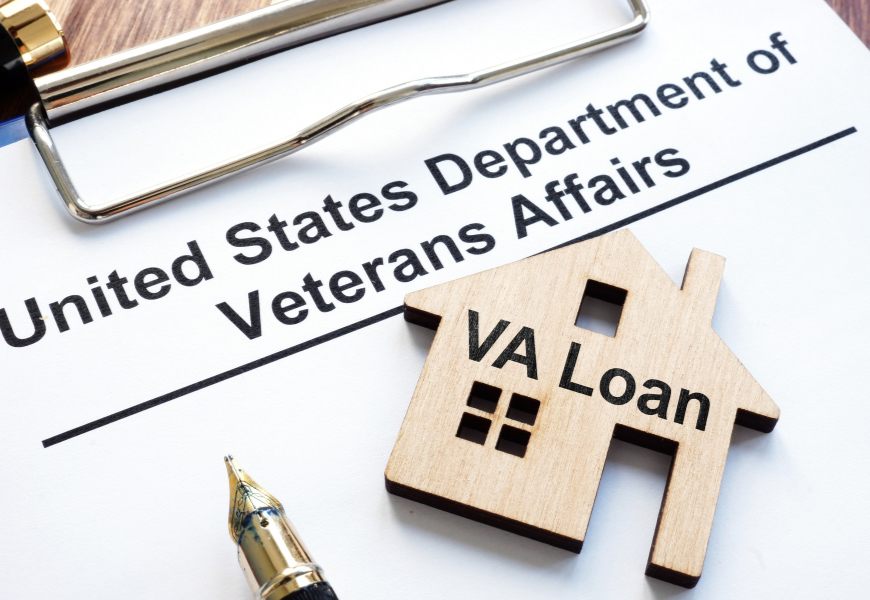- Hablamos Español: 530-332-8478
- 530-961-3400
- info@welcomehomebuttecounty.com
Common Issues When Securing a VA Loan: Explained

Experts often tout VA loans as one of the veterans’ best home loan options and they are. However, VA loans can have some unique complications that aren’t always obvious to borrowers.
Here are some common issues that may happen when securing a VA loan.
3 Common Issues When Securing a VA Loan
Minimum Property Requirements
While VA loans are less strict about credit and debt-to-income ratios, they’re more stringent in their appraisal requirements. Appraisals estimate the value of a house to ensure that buyers don’t overpay. To pass a VA appraisal, however, homes must meet a set of Minimum Property Requirements (MPR). These ensure that the house is “move-in ready.”
Although MPRs protect buyers, they can also limit your property choices. Lenders might deny funding if your home has broken light fixtures, lacks railings, or fails to meet other VA standards.
In some cases, you may only discover the house is unqualified after investing some time and money into securing it.
Uncertain Interest Rates
Private lenders fund VA loans, but they’re backed and insured by the Department of Veteran Affairs. The VA does not establish a default interest rate for its loans. Instead, lenders set rates based on their criteria.
If you’re not careful, you could spend more money than necessary by accepting a higher rate. Compare interest rates from different lenders before accepting a loan.
Seller Prejudice
Some sellers may not be willing to sell their property to buyers with government-backed financing.
Many people fear that obtaining a VA loan comes with considerable red tape. They believe it takes too long and is more likely than conventional loans to undervalue properties.
The VA also does not permit borrowers to pay non-allowable fees, which may cause concern to sellers. Non-allowable fees include commissions, attorney fees, and second appraisals.
Historically, VA loans have come with various stipulations, making it more difficult for buyers and sellers to negotiate. Some sellers might be cautious when a veteran buyer approaches. They might be even more reluctant if they have other buyers interested in the house.
The Bottom Line
VA loans can be excellent for buying a new home or refinancing an existing mortgage. They have a good approval rate, but some issues can get in the way. However, awareness of the issues can do a lot to help you avoid them.
If you are considering buying or selling a home in the Butte County area, we’d love to help you! Please click here for our contact page, and we’ll reach out to you promptly.
Thanks for visiting!


